How to Choose the Best Winter Coat for Your Dog
Winter is a season known for its chilly temperatures, icy winds, and falling snow. Just like humans, dogs need protection from the cold as well. While many dog breeds are equipped with a natural fur coat, some may require additional insulation to stay warm and comfortable during the winter months. To ensure your furry friend stays cozy and safe, choosing the right winter coat is essential. In this blog, we'll explore how to select the best winter coat for your dog.
1. Consider Your Dog's Breed
Different dog breeds have varying levels of cold tolerance and coat types. For example, Siberian Huskies and Alaskan Malamutes have dense, double-layered fur that provides excellent insulation. In contrast, short-haired breeds like Greyhounds and Chihuahuas may need more protection from the cold. Research your dog's breed and take their specific needs into account when selecting a winter coat.
2. Assess the Climate
The severity of winter weather in your location plays a significant role in determining the type of coat your dog needs. If you live in an area with milder winters, a lighter coat with less insulation may suffice. For harsher climates, look for a winter coat that offers superior warmth and protection.
3. Measure Your Dog's Size
Proper fit is crucial for your dog's comfort and safety. Measure your dog's chest, neck, and length to ensure you choose the right size. Most coats come with size charts to help you make an accurate selection. Avoid coats that are too tight or too loose, as they can restrict movement and defeat the purpose of keeping your dog warm.
4. Select the Right Style
Winter dog coats come in various styles, each designed for specific purposes:
- **Insulated Coats:** These are the go-to choice for keeping your dog warm in cold weather. Look for coats with thick, insulated padding and a waterproof outer layer to provide both warmth and protection from rain or snow.
- **Raincoats:** If your winters are more rainy than snowy, consider a waterproof raincoat to keep your dog dry. These coats are usually lighter and less insulated.
- **Windbreakers:** In windy areas, a windbreaker-style coat can be an excellent choice. These coats are designed to shield your dog from cold winds and retain body heat.
5. Material Matters
The material of the coat affects its insulation, durability, and ease of cleaning. Common materials for dog winter coats include:
- **Fleece:** Soft and cozy, fleece is a great insulator. It's comfortable and lightweight, making it ideal for milder winter days.
- **Nylon or Polyester:** These materials are durable, water-resistant, and easy to clean. Coats made from these materials are often windproof.
- **Reflective Material:** If you walk your dog in low-light conditions, consider a coat with reflective elements for added safety.
6. Easy to Put On and Take Off
Look for a winter coat that is easy to put on and take off. Coats with adjustable straps, buckles, or Velcro closures make the dressing process less stressful for both you and your dog.
7. Mobility and Comfort
Your dog's coat should allow them to move freely. Ensure that the coat doesn't impede your dog's movement or cause discomfort. It's essential that your furry friend feels at ease while wearing the coat.
8. Maintenance
Consider how easy the coat is to clean. Look for a winter coat that is machine washable or easy to spot clean. Dirty and wet coats can lead to discomfort and health issues for your dog, so regular cleaning is important.
Choosing the best winter coat for your dog requires careful consideration of your dog's needs, climate, and personal style. With the right coat, your four-legged companion can enjoy the winter months to the fullest while staying warm and comfortable. A well-fitted, appropriate winter coat is an investment in your dog's well-being, ensuring they can continue to enjoy outdoor adventures, even when the temperature drops. So, wrap your pup in warmth and love this winter, and enjoy the season together.
1. Consider Your Dog's Breed
Different dog breeds have varying levels of cold tolerance and coat types. For example, Siberian Huskies and Alaskan Malamutes have dense, double-layered fur that provides excellent insulation. In contrast, short-haired breeds like Greyhounds and Chihuahuas may need more protection from the cold. Research your dog's breed and take their specific needs into account when selecting a winter coat.
2. Assess the Climate
The severity of winter weather in your location plays a significant role in determining the type of coat your dog needs. If you live in an area with milder winters, a lighter coat with less insulation may suffice. For harsher climates, look for a winter coat that offers superior warmth and protection.
3. Measure Your Dog's Size
Proper fit is crucial for your dog's comfort and safety. Measure your dog's chest, neck, and length to ensure you choose the right size. Most coats come with size charts to help you make an accurate selection. Avoid coats that are too tight or too loose, as they can restrict movement and defeat the purpose of keeping your dog warm.
4. Select the Right Style
Winter dog coats come in various styles, each designed for specific purposes:
- **Insulated Coats:** These are the go-to choice for keeping your dog warm in cold weather. Look for coats with thick, insulated padding and a waterproof outer layer to provide both warmth and protection from rain or snow.
- **Raincoats:** If your winters are more rainy than snowy, consider a waterproof raincoat to keep your dog dry. These coats are usually lighter and less insulated.
- **Windbreakers:** In windy areas, a windbreaker-style coat can be an excellent choice. These coats are designed to shield your dog from cold winds and retain body heat.
5. Material Matters
The material of the coat affects its insulation, durability, and ease of cleaning. Common materials for dog winter coats include:
- **Fleece:** Soft and cozy, fleece is a great insulator. It's comfortable and lightweight, making it ideal for milder winter days.
- **Nylon or Polyester:** These materials are durable, water-resistant, and easy to clean. Coats made from these materials are often windproof.
- **Reflective Material:** If you walk your dog in low-light conditions, consider a coat with reflective elements for added safety.
6. Easy to Put On and Take Off
Look for a winter coat that is easy to put on and take off. Coats with adjustable straps, buckles, or Velcro closures make the dressing process less stressful for both you and your dog.
7. Mobility and Comfort
Your dog's coat should allow them to move freely. Ensure that the coat doesn't impede your dog's movement or cause discomfort. It's essential that your furry friend feels at ease while wearing the coat.
8. Maintenance
Consider how easy the coat is to clean. Look for a winter coat that is machine washable or easy to spot clean. Dirty and wet coats can lead to discomfort and health issues for your dog, so regular cleaning is important.
Choosing the best winter coat for your dog requires careful consideration of your dog's needs, climate, and personal style. With the right coat, your four-legged companion can enjoy the winter months to the fullest while staying warm and comfortable. A well-fitted, appropriate winter coat is an investment in your dog's well-being, ensuring they can continue to enjoy outdoor adventures, even when the temperature drops. So, wrap your pup in warmth and love this winter, and enjoy the season together.

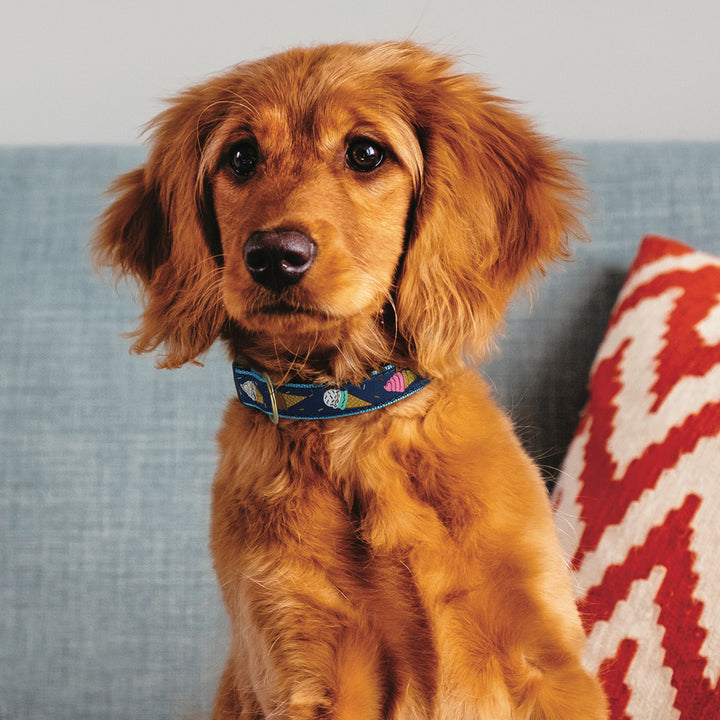
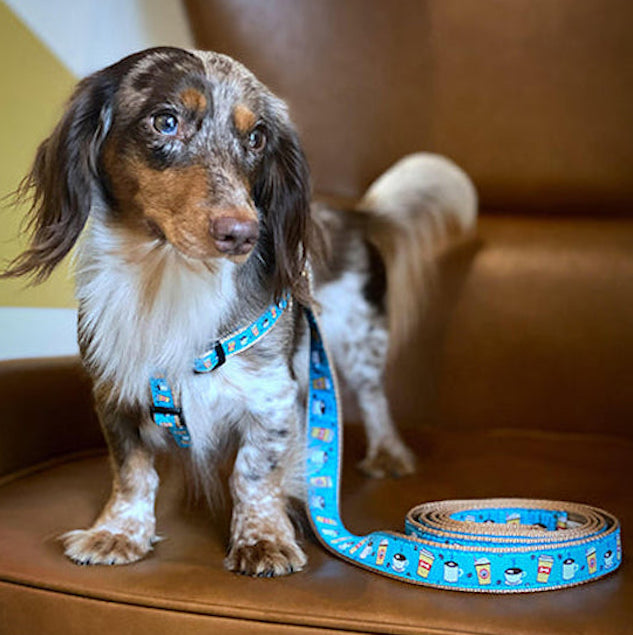
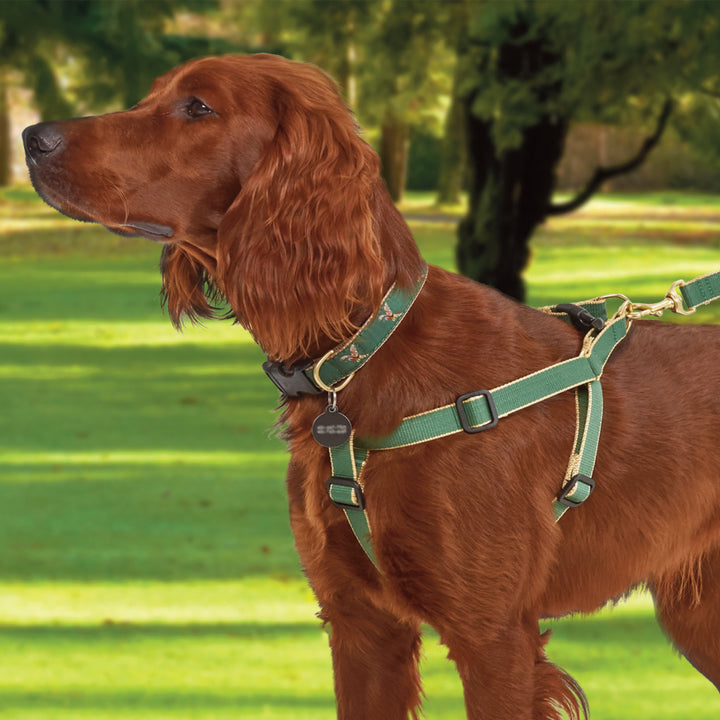
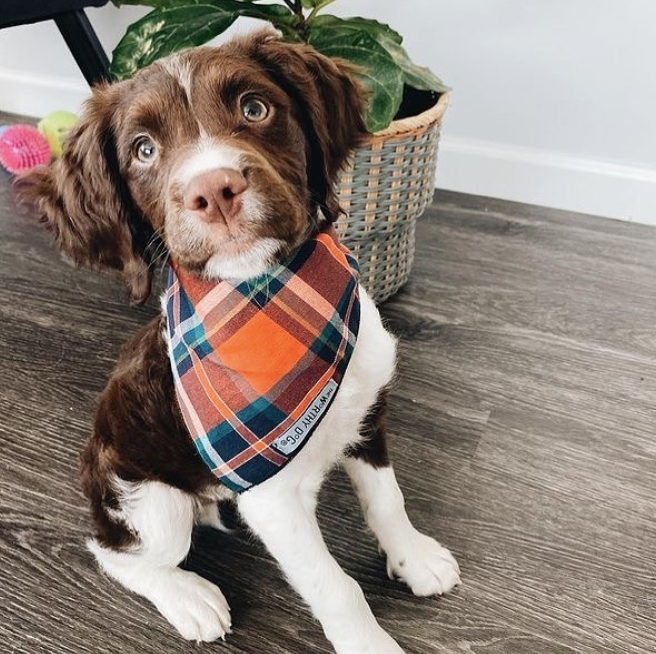




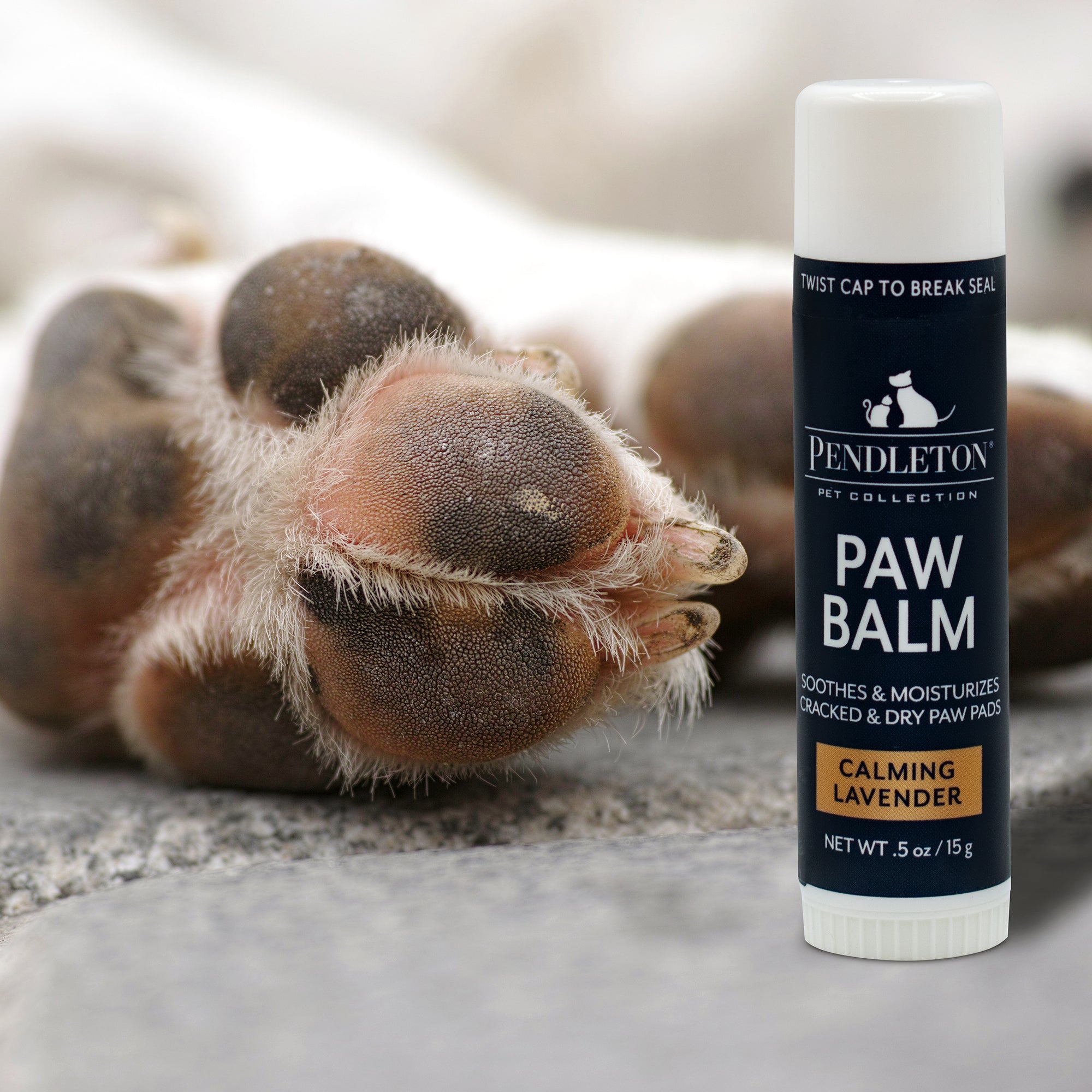
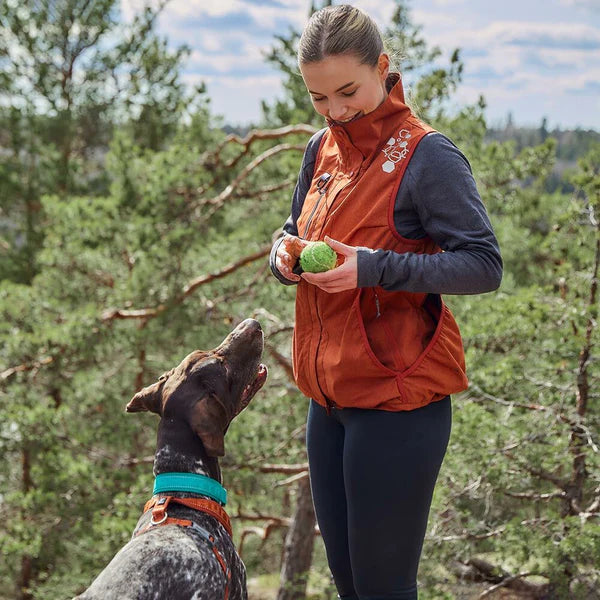

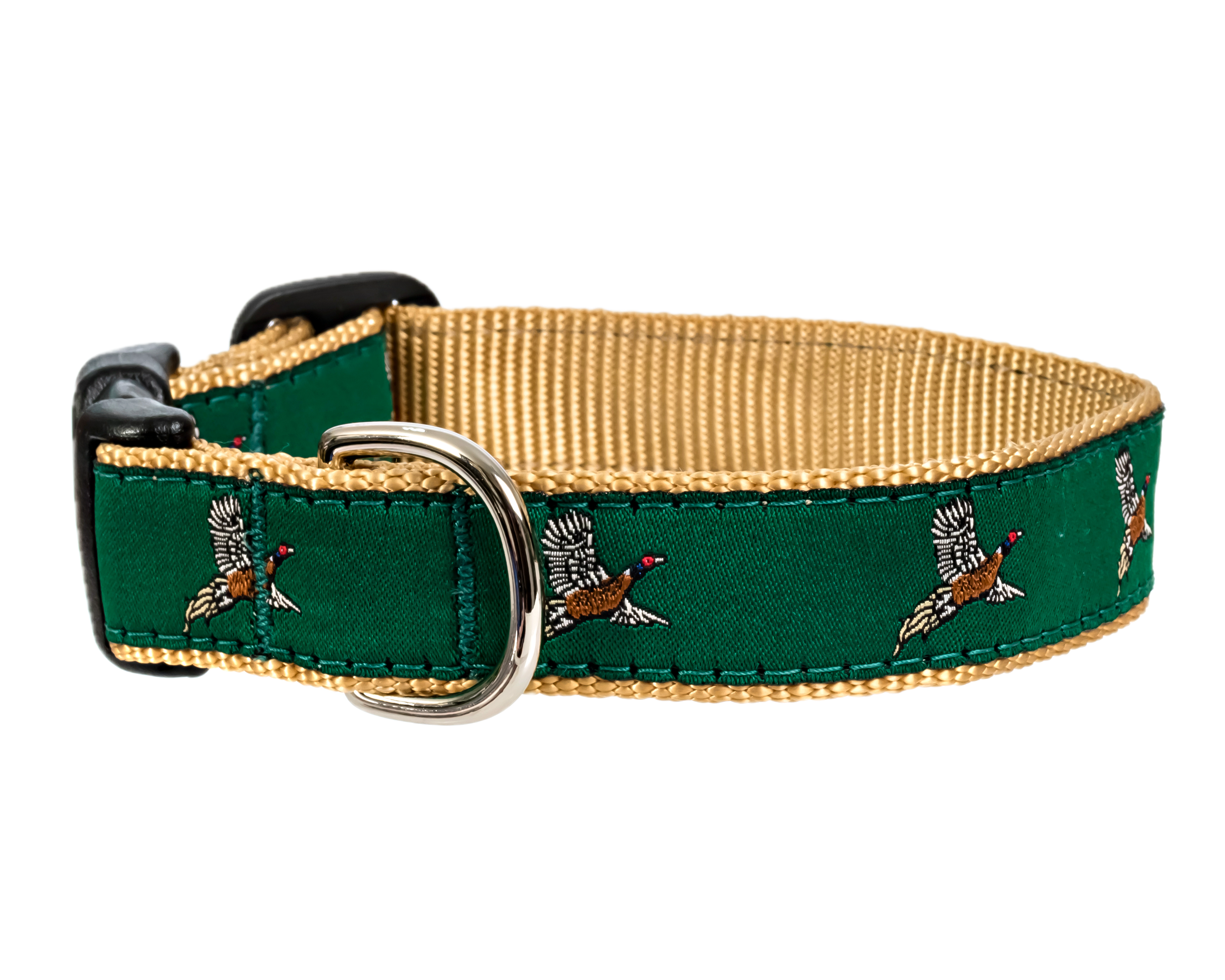
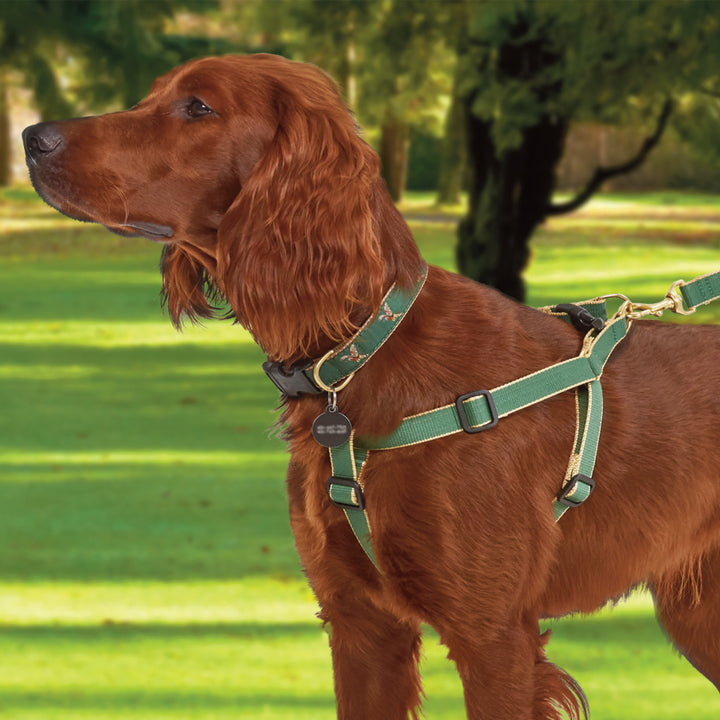
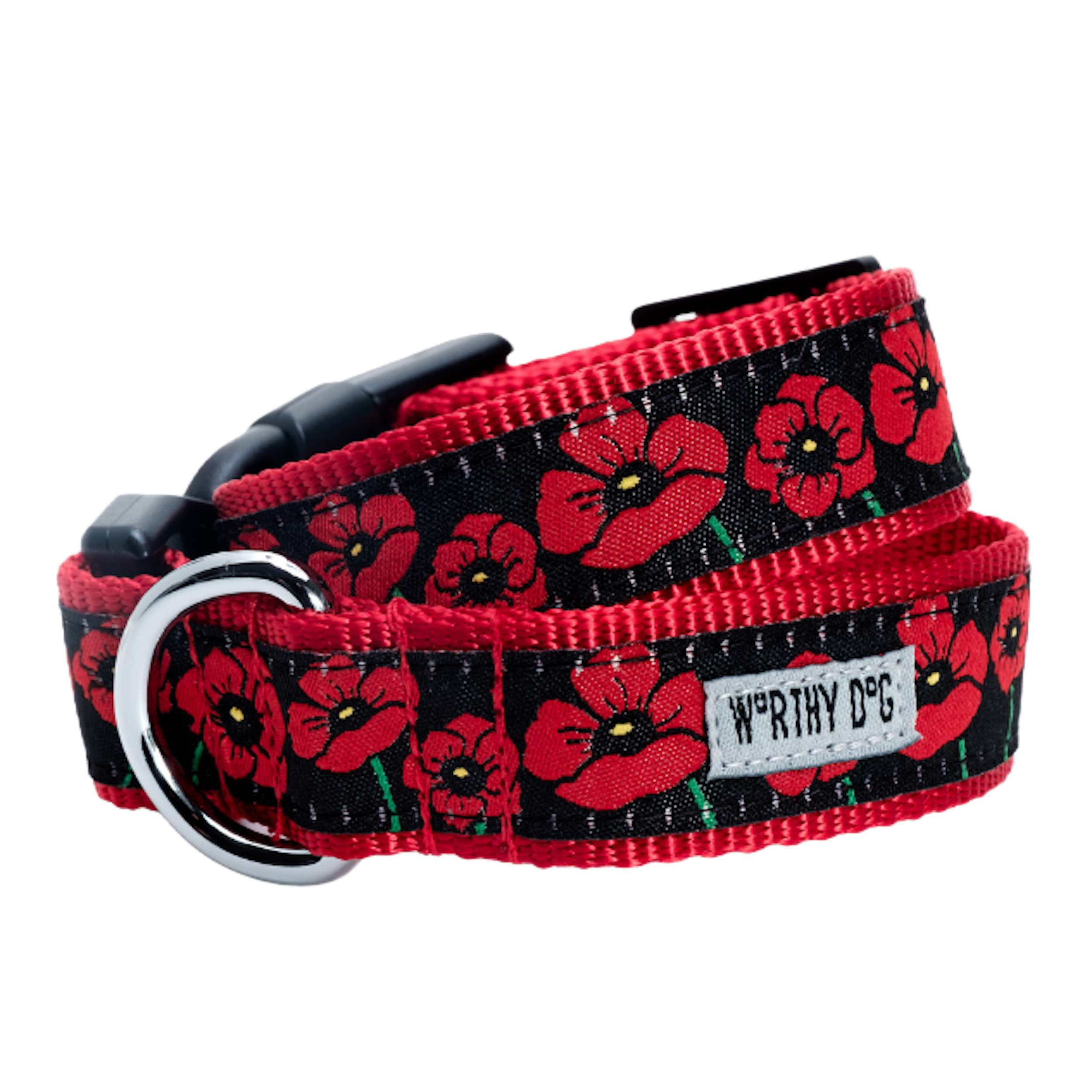
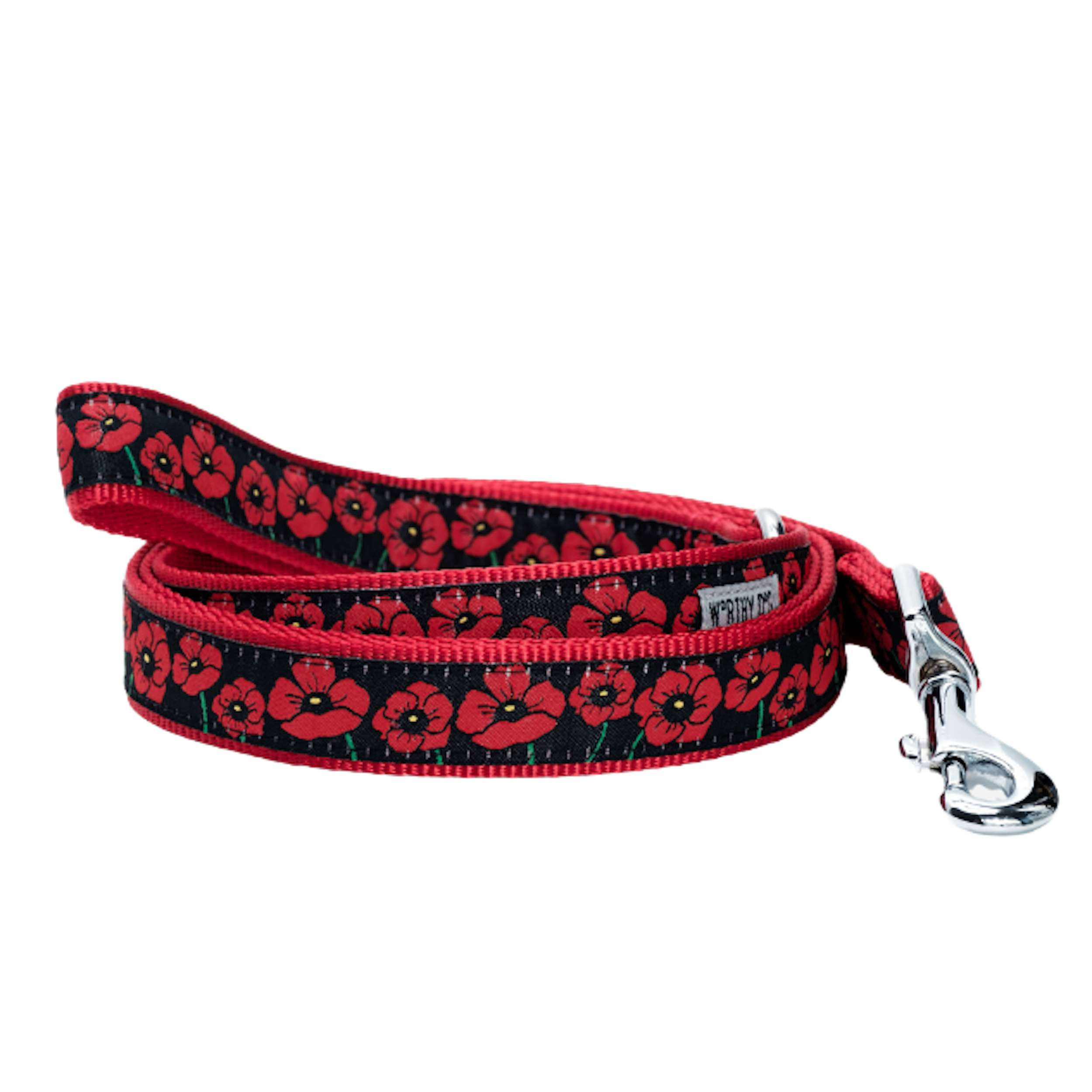


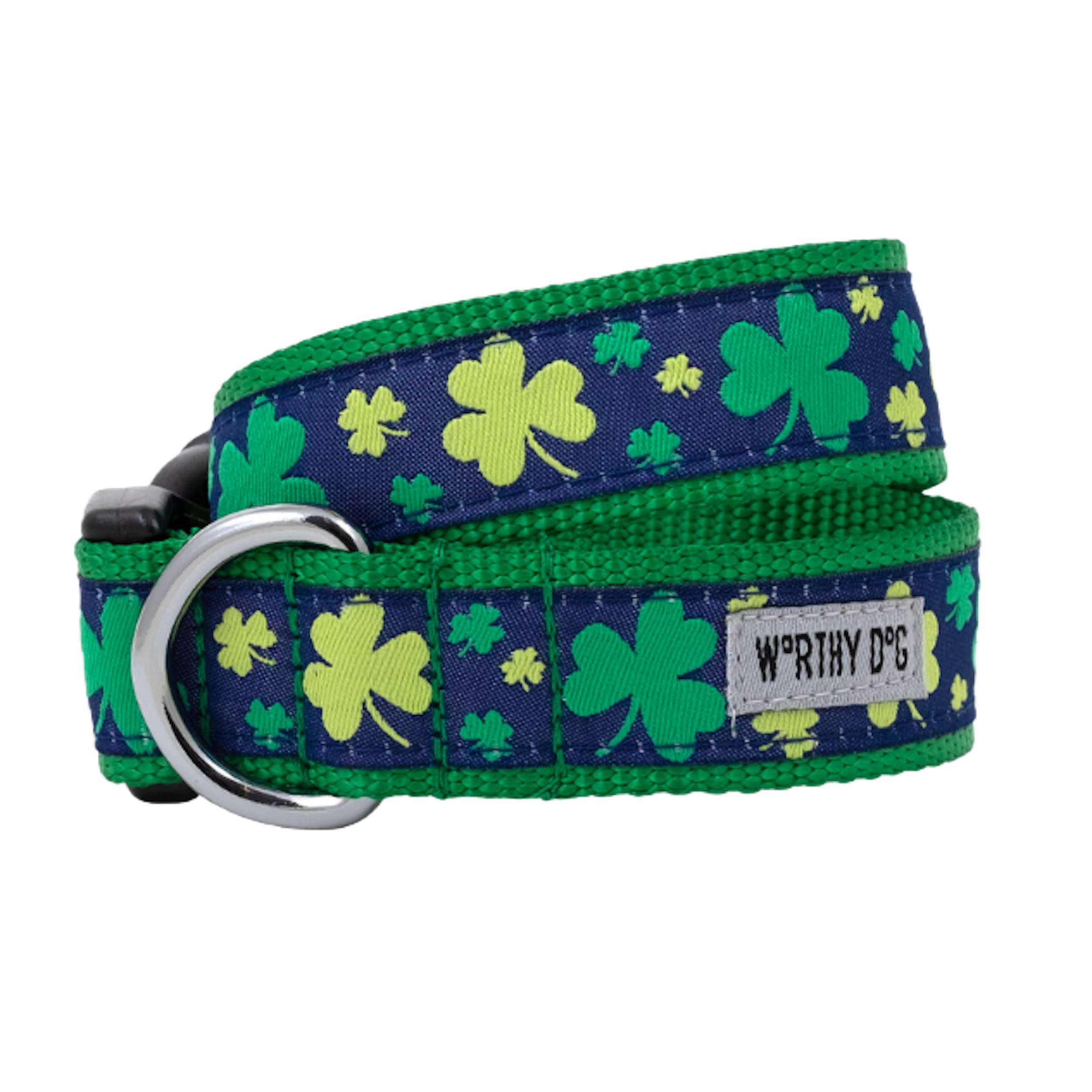
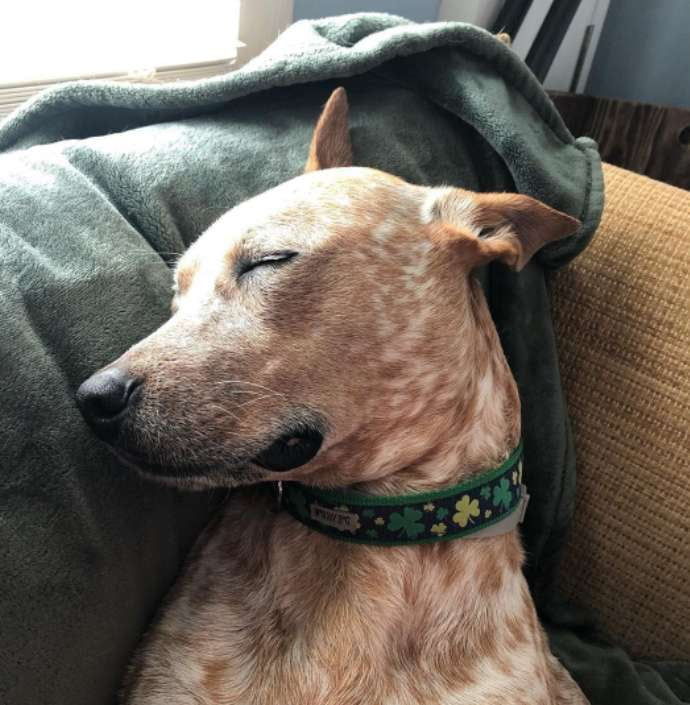


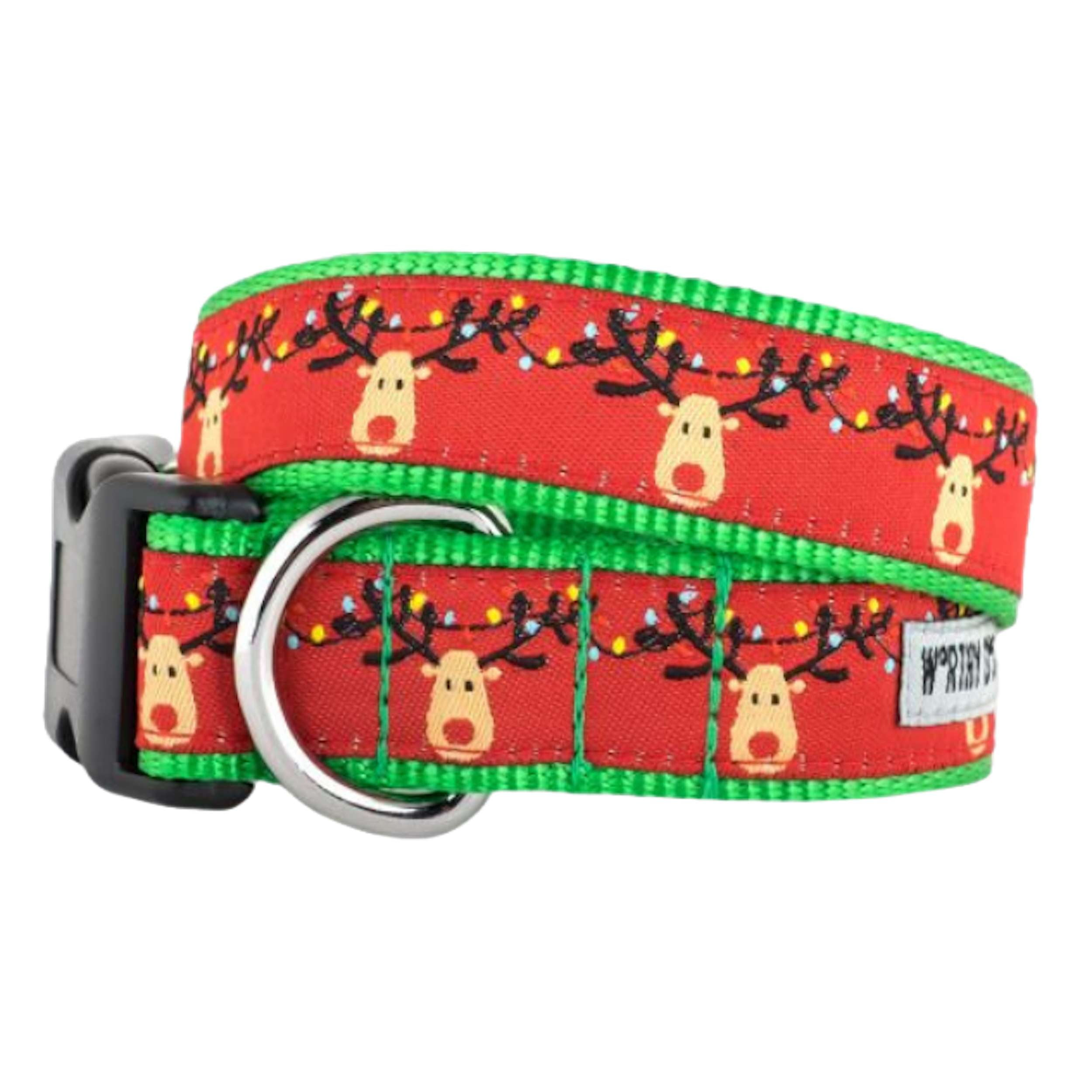
Leave a comment